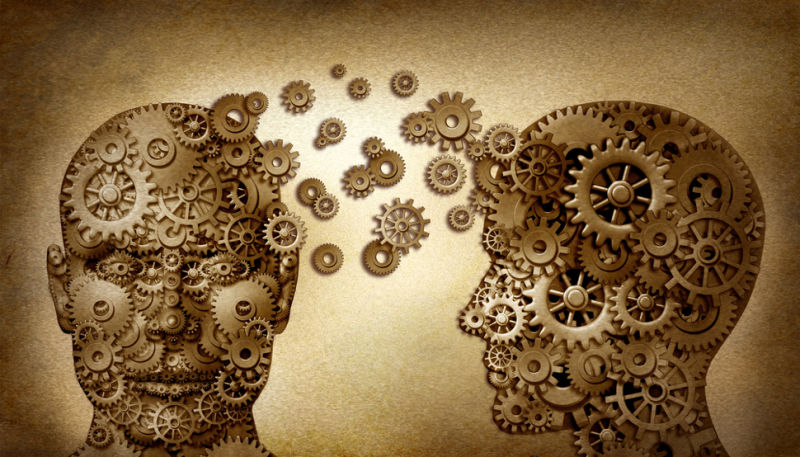
Lightspring/Shutterstock
According to new research conducted by Macquarie University in Australia, long-term couples become part of an interconnected cognitive system so that each partner depends on the other to fill in particular memory gaps.
Apparently, everyone should collaborate with other people when trying to remember shared experiences. However, research proves that this isn't always what happens; sometimes individual memory tends to be more effective in comparison with a shared recall. Nevertheless, Celia Harris and her colleagues presented an updated study, which proves that in some cases "social remembering" can also be efficient.
For their study's purposes, the researchers examined the different ways intimate partners collaborated on easy memory tests, as well as their conversations about common past experiences. The couples were also asked about their everyday memory compensation strategies. This revealed a lot about the complicated ways in which partners organize their material and interpersonal resources.
According to the British Psychological Society:
[In a previous study], the researchers saw that even though partners didn't do well at listing their shared holidays when remembering together, these shared sessions were full of reminiscence and parentheses which weren't generated in the individual sessions. This stimulated them to quit testing memory for lists of words and experiences and to analyze the amount of rich, deep information recalled by couples about shared events. They discovered these social exchanges contributed to precise collaborative memory benefits, which could appear in three forms:
1. "New information" like finally recalling a puzzling name of a play thanks to a series of prompts between the two partners.
2. Detailed, more vivid descriptions of experiences including sensory information.
3. Memories from one partner drawing things in a new light for the other.
Of course, differences between the couples were significant. Those who organized their perspective together and were more prepared to riff off the other partner's memories did better than the couples who were more passive or critical. Extraordinary events were also better recalled by partners who rated their intimacy as higher.
Intriguingly, older couples showed the biggest memory difficulties with first-hand autobiographical information. That's exactly where long-term partners gained the greatest benefit from recalling together. As a result, it seems that as we grow older, we need the support of our partner to better recall some life events and episodes. It works as a shared resource.
You can read the entire article at BPS Research. Also, check out the entire scientific paper here.











COMMENTS